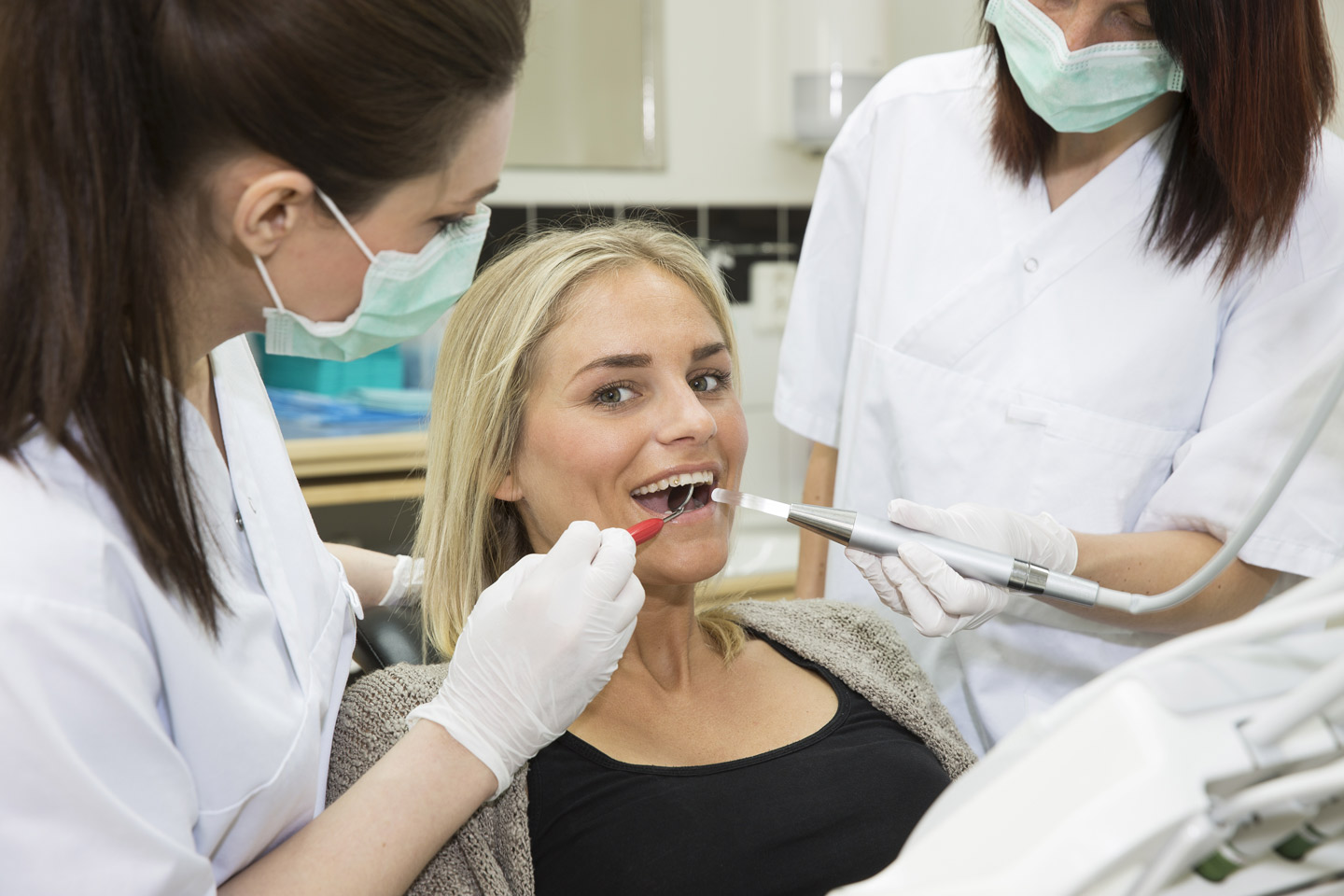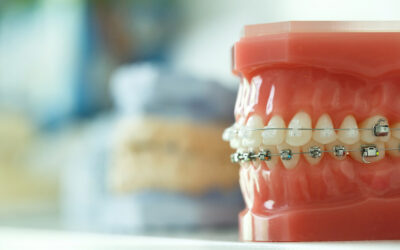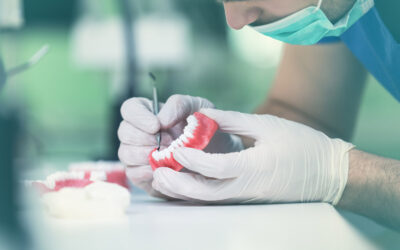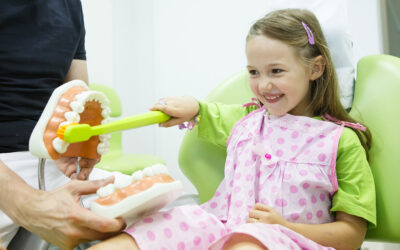What to Expect at a Routine Dental Exam

Maintaining oral health is vital to overall wellness, yet it often falls by the wayside in our busy lives. Regular dental check-ups are crucial for identifying abnormalities early and preventing minor issues from escalating into major problems. Many people are unsure about what to expect during a routine dental exam and may feel anxious or apprehensive. Understanding the process can help alleviate these concerns and emphasize the importance of keeping up with regular dental visits.
Why Should You Have Regular Dental Exams?
When most people think of visiting the dentist, they often envision discomfort, drilling, and complex procedures. This perception can lead individuals to avoid the dentist until they experience pain or believe something is seriously wrong. However, regular dental exams are key to maintaining oral health and preventing the need for invasive treatments.
Routine dental exams help in the early detection of various issues, such as tooth decay, cavities, gum disease, and oral cancer. Early identification and treatment of these problems can significantly enhance the chances of successful treatment and help avoid more extensive and costly procedures in the future. Regular check-ups also allow your dentist to monitor changes in your oral health over time and provide personalized advice for maintaining optimal dental hygiene.
How Often Should You Have a Dental Exam?
The frequency of dental visits depends on your individual oral health needs. Generally, dentists recommend a check-up every six months for individuals with healthy mouths. However, those with specific oral health concerns or high risk factors for periodontal disease may need to visit more frequently. Your dentist will assess your oral health and develop a personalized schedule for regular maintenance, cleaning, and check-ups based on your unique needs.
For individuals with a history of dental issues, such as frequent cavities or gum disease, more frequent visits might be necessary to address these problems promptly and prevent further complications. Conversely, if you have excellent oral health and adhere to good dental hygiene practices, your dentist may determine that less frequent visits are sufficient.
What to Expect at a Routine Dental Exam
A routine dental exam typically involves several key steps, conducted by a general dentist, often with the assistance of dental hygienists and dental assistants. Here’s a detailed look at what happens during a standard dental check-up:
1. Medical History Intake
Upon arrival at the dental office, the dentist will begin by asking questions about your medical history. This information is crucial for developing an effective treatment plan. You will be asked about any medications you are currently taking, any healing remedies you might be using, allergies, and whether you smoke or consume alcohol. The dentist will also inquire about any medical conditions for which you are undergoing treatment and any previous dental procedures or surgeries.
Providing accurate and complete information helps the dentist understand your overall health and potential risk factors that could affect your dental care. This thorough medical history intake allows the dentist to tailor the examination and treatment plan to your specific needs.
2. Investigations
After gathering your medical history, the dentist will conduct a comprehensive investigation of your teeth, gums, jaw, and supporting structures. This typically involves several components:
X-rays: X-rays are an essential tool in detecting dental abnormalities that are not visible during a visual examination. Initially, a full set of X-rays may be taken to provide a comprehensive view of your oral health. During future visits, spot-check X-rays might be used to monitor specific areas of concern. Although the radiation exposure from X-rays is minimal, it’s important to discuss any concerns with your dentist.
Dental Cleaning: One of the primary aspects of a routine exam is dental cleaning. During this process, the dentist or dental hygienist will remove tartar that has accumulated on your teeth and under your gums. Many dental offices now use ultrasonic cleaning equipment to assist with tartar removal. Following this, the dentist will polish your teeth and provide recommendations for effective brushing and flossing techniques to maintain good oral hygiene at home.
Examine the Results: Once cleaning is complete, the dentist will review both visual and X-ray results to identify any dental defects or potential issues. This examination helps assess your risk for future dental problems and allows the dentist to address any concerns that may arise.
Oral Cancer Screening: Given the increasing incidence of oral cancer, many dentists include an oral cancer screening as part of the routine exam. This screening involves examining the soft tissues in your mouth and the area surrounding your jaws for signs of oral cancer. Early detection is critical, as oral cancer can be life-threatening if not identified and treated promptly. Modern dentists are trained to detect early signs of oral cancer, significantly improving the chances of successful treatment.
3. Education
Following the examination, the dentist will take the time to discuss their findings and any concerns with you. This is an opportunity for you to ask questions and receive guidance on how to improve your oral health. The dentist may recommend further treatments or referrals to specialists if necessary. They will also provide advice on maintaining good dental hygiene practices to prevent future issues.
How Do You Prepare for a Dental Exam?
Understanding what to expect during a dental exam can help reduce any anxiety you might have. Before your visit, it’s helpful to be aware of your medical history, including any medications, radiation history, and allergies. This information will assist the dentist in providing you with the best possible care.
Regular dental exams can make a significant difference in your oral health, potentially preventing the need for more complex and invasive procedures. Keeping up with routine visits allows your dentist to monitor your oral health effectively and address any issues before they become serious problems.
Conclusion
Neglecting regular dental visits might seem harmless, but it can lead to significant oral health issues that develop and spread quickly. Routine dental exams and cleanings are essential for preventing future problems and maintaining a healthy smile. By scheduling regular check-ups and following your dentist’s recommendations, you can save time, money, and avoid potential oral health issues. Don’t wait for discomfort to prompt a visit; make your dental health a priority and schedule your next exam today.



